Psoriasis symptoms tend to occur in episodes, called flare-ups, triggered by a number of things, including tattooing.
According to Master, Doctor Thai Thanh Yen, Department of Dermatology - Cosmetic Dermatology, University of Medicine and Pharmacy Hospital, Ho Chi Minh City, skin injuries such as cuts, scratches, burns, sunburn, insect bites and open wounds... can all cause psoriasis-like lesions. Even irritation from a tight belt or shoulder strap can cause the disease to flare up.
"Scar tissue that forms after tattooing can become a place for psoriasis to flare up, even many years after tattooing," said Dr. Yen.
Dr. Yen cites a study published in the Canadian Medical Association Journal, which found that about 25% of people with psoriasis experience the Koebner phenomenon after trauma (or simply the Koebner reaction). Koebner usually occurs within 10 to 20 days after the injury, but it can take as little as three days or as long as two years.
Koebner's is defined as the appearance of linear skin lesions at the site of trauma, contact, or irritation. Scientists are currently unsure of the exact cause of this phenomenon. Basically, Koebner's describes the body's overreaction to trauma. Tattooing in particular can cause this phenomenon.
One theory is that Koebner's occurs when the outer and middle layers of the skin (called the epidermis and dermis) are both injured in the same location, either because of an injury or the invasion of a foreign substance into the body. The body's immune system then initiates an inflammatory response, which may inadvertently trigger disease activity in those tissues.
In psoriasis, the immune response is triggered by injuries to the skin, which can trigger both antibodies that attack foreign organisms and normal cells. Tattooing can trigger an immune system flare-up because the needle penetrates the skin and damages both the dermis and epidermis. This can therefore cause a similar reaction to any other skin injury.
Additionally, tattoo ink contains various chemicals such as aluminum, iron oxide, manganese, and mercury sulfide. These ingredients can cause allergic reactions such as rashes or swelling and may trigger an immune response to the ink, especially in people with skin allergies.
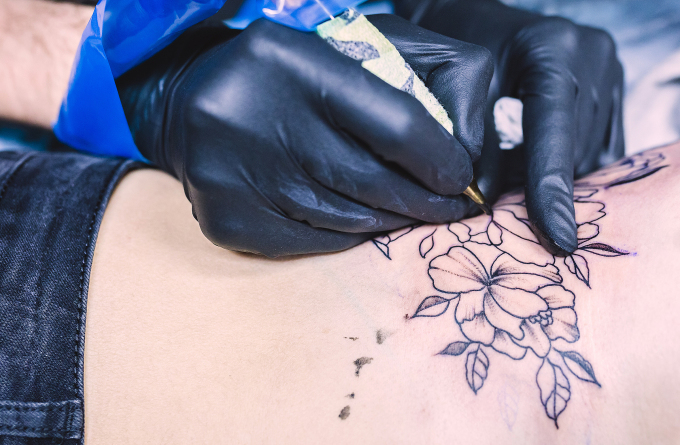
Tattoos can trigger psoriasis. Photo: Freepik
According to a study in the journal Clinical Dermatology, the time between getting a tattoo and developing psoriasis can range from three days to two years. In some cases, a tattoo that has been on the skin for decades will suddenly become the primary (and sometimes initial) site of a psoriasis flare.
However, there are cases where the tattoo is completely normal but suddenly the tissue at the tattoo location appears red, scaly and spreads to the surrounding skin. This shows that skin trauma is not the only cause of psoriasis, instead, other factors trigger the onset of symptoms because the skin cells, called keratinocytes, behave differently in scar tissue. Instead of going through a 5-6 week life cycle for old cells to be replaced by new cells, psoriasis patients have an overactive immune system, causing a lot of inflammation that makes the skin produce faster and more, usually every 4-5 days.
However, tattoos do not always cause problems in people with psoriasis. According to studies, the Koebner reaction occurs in about a quarter of psoriasis patients after a skin injury, including tattoos.
Dr. Yen recommends that you visit a dermatologist or aesthetician to examine and determine the exact condition of your skin before getting a tattoo. The doctor will fully consider the pros and cons based on your medical history and risk factors.
Also, if signs of infection such as redness, swelling, or burning appear that last beyond the typical healing time on the skin after tattooing, seek medical attention for appropriate treatment.
America and Italy
Source link






![[Photo] Prime Minister Pham Minh Chinh receives President of Cuba's Latin American News Agency](/_next/image?url=https%3A%2F%2Fvphoto.vietnam.vn%2Fthumb%2F1200x675%2Fvietnam%2Fresource%2FIMAGE%2F2025%2F12%2F01%2F1764569497815_dsc-2890-jpg.webp&w=3840&q=75)


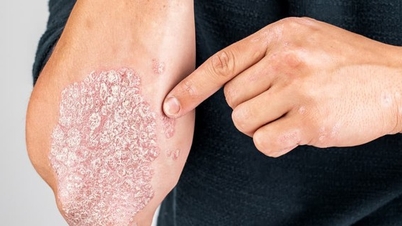




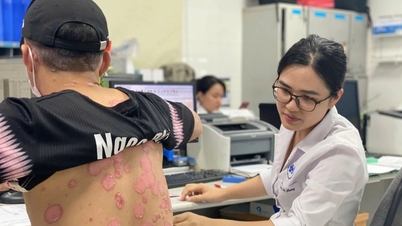

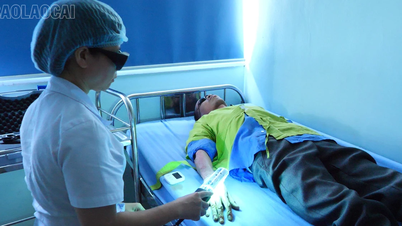





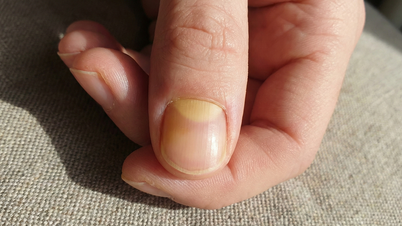






















































































Comment (0)